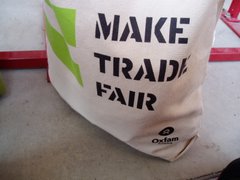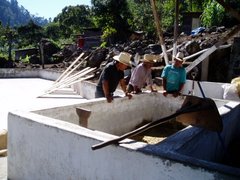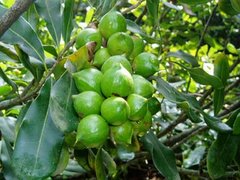Tuesday, May 1, 2007
What is Fair Trade?
“Fair Trade” is gathering recognition as a groundbreaking approach to development, symbolizing the integration of human rights, ecological and economic concerns. Through attention to social responsibility, environmental sustainability and market profitability – the concept of a triple bottom line – Fair Trade suggests potential to make attainable the intent and efforts exhaustively discussed by proponents of sustainable development. As defined by the social justice and environmental groups that support it, Fair Trade promotes the capacity of consumers to change the world based on opportunities for “equal exchange” and “economic justice” achieved through forms of “ethical consumption” that respond to notions of a “popular economy.” Fair Trade is characterized as a “a new ‘people to people’ form of international aid” (Van Loo 2004) that “sidestep[s] world market forces” (Bordreau 2004) and provides producers “a sweet deal” that facilitates “a human link” (Roosevelt 2004) involving long-term commitments of direct trade, as long as there is transparency in the democratic management of cooperatives and public information is made available to consumers (Waridel 2003). Buying products with the Fair Trade label is characterized as “an easy way to make a positive impact” on the lives of producers (TransFair 2003).
Subscribe to:
Post Comments (Atom)






No comments:
Post a Comment